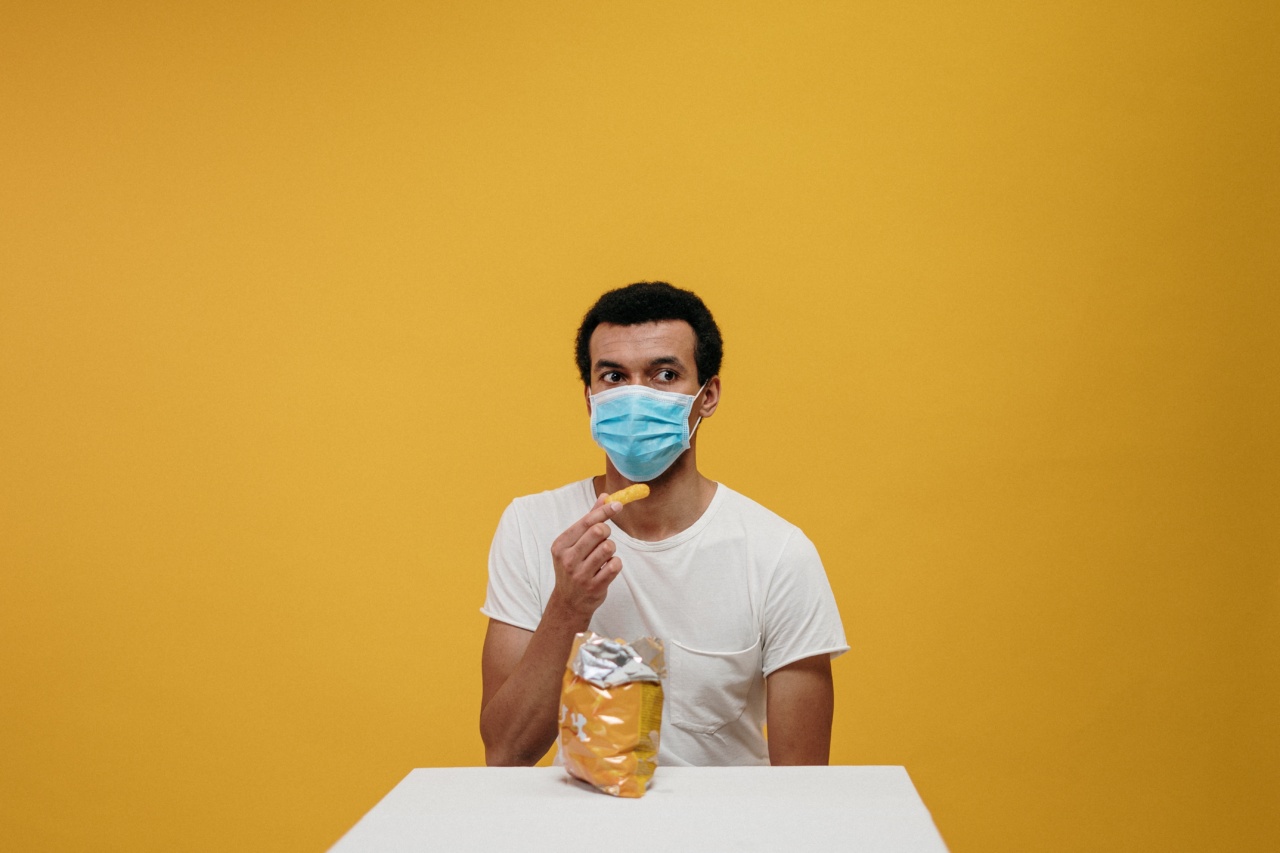Glaucoma is an eye disease that can affect anyone but is most common in people above 50 years of age. It occurs when the optic nerve is damaged due to the buildup of fluid in the eye. This damage can lead to blindness if not treated promptly.
While there is no known cure for glaucoma, maintaining a healthy lifestyle and consuming a balanced diet can help prevent its occurrence or slow it down. In this article, we will discuss how eating for glaucoma prevention can help protect your vision.
Understanding Glaucoma
Before we delve into how eating for glaucoma prevention works, let’s first understand how the disease affects the eyes.
The front part of the eye contains a clear fluid called aqueous humor, which helps maintain its shape and nourishes the tissues inside. In a healthy eye, the fluid flows through the iris (the colored part) and drains out through the trabecular meshwork, a network of tissue in the eye’s drainage angle.
However, in people with glaucoma, the trabecular meshwork becomes clogged, and the fluid cannot drain properly. As a result, the pressure in the eye increases, damaging the optic nerve, which is responsible for transmitting visual signals to the brain.
Over time, this damage can lead to vision loss, with peripheral (side) vision being affected first.
How Eating for Glaucoma Prevention Can Help
While there is no guaranteed way to prevent glaucoma, research suggests that consuming specific nutrients may help reduce the risk of developing the disease or slow its progression.
Here are some nutrients to include in your diet for glaucoma prevention:.
Vitamin C
Vitamin C is an antioxidant that helps protect the body’s cells from damage caused by free radicals. Studies have shown that people with higher levels of vitamin C in their diets have a lower risk of developing glaucoma.
You can find vitamin C in many fruits and vegetables, such as citrus fruits, kiwi, strawberries, bell peppers, and broccoli.
Omega-3 Fatty Acids
Omega-3 fatty acids are essential fats that our bodies cannot produce, so we must get them from our diet.
They have been shown to have anti-inflammatory properties, which can help reduce the pressure in the eye by increasing the outflow of aqueous humor. Good sources of omega-3s include fatty fish like salmon, tuna, and sardines, as well as flaxseed, chia seeds, and walnuts.
Vitamin A and Beta-Carotene
Vitamin A is vital for eye health, and beta-carotene is a pro-vitamin A compound that our bodies can convert into vitamin A. Both nutrients have been shown to help protect against glaucoma.
You can find vitamin A in foods like carrots, sweet potatoes, and spinach, while beta-carotene is also abundant in dark leafy greens like kale and collard greens.
Lutein and Zeaxanthin
Lutein and zeaxanthin are two antioxidants that are essential for vision health. They are often referred to as “macular pigments” because they are concentrated in the macula, the part of the retina responsible for central vision.
Studies have shown that these compounds can help reduce the risk of developing glaucoma. Good sources of lutein and zeaxanthin include leafy greens like kale, spinach, and collard greens, as well as egg yolks and orange peppers.
Other Nutrients
While the nutrients listed above have received the most attention for their role in glaucoma prevention, other vitamins and minerals are also essential for maintaining eye health. These include vitamin E, zinc, and copper.
You can find vitamin E in nuts and seeds like almonds, sunflower seeds, and peanuts. Zinc is abundant in shellfish, beef, and pork, while copper is present in organ meats like liver, nuts, and seeds.
Conclusion
While eating for glaucoma prevention is not a guaranteed way to protect your vision, consuming a balanced diet that is rich in the nutrients listed in this article can help reduce your risk of developing the disease or slow its progression.
Remember to talk to your doctor before making any significant changes to your diet or lifestyle. The most effective way to protect your vision is to get regular eye exams and follow your doctor’s advice if you are diagnosed with glaucoma.




























